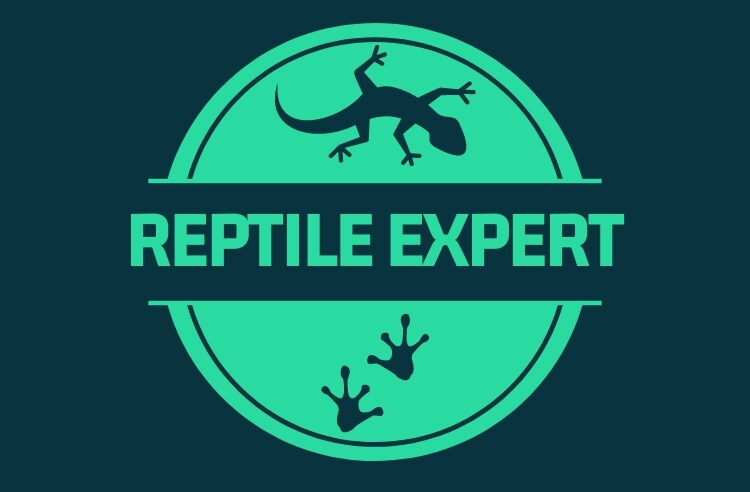Reptiles and Shedding Skin
While most people immediately think of reptiles, particularly snakes, when they think of skin-shedding, in actual fact, all animals shed their skin at regular intervals to maintain health. In fact, humans shed 1.5 million skin cells every hour! However, reptiles gain more attention for the process because they often do …
